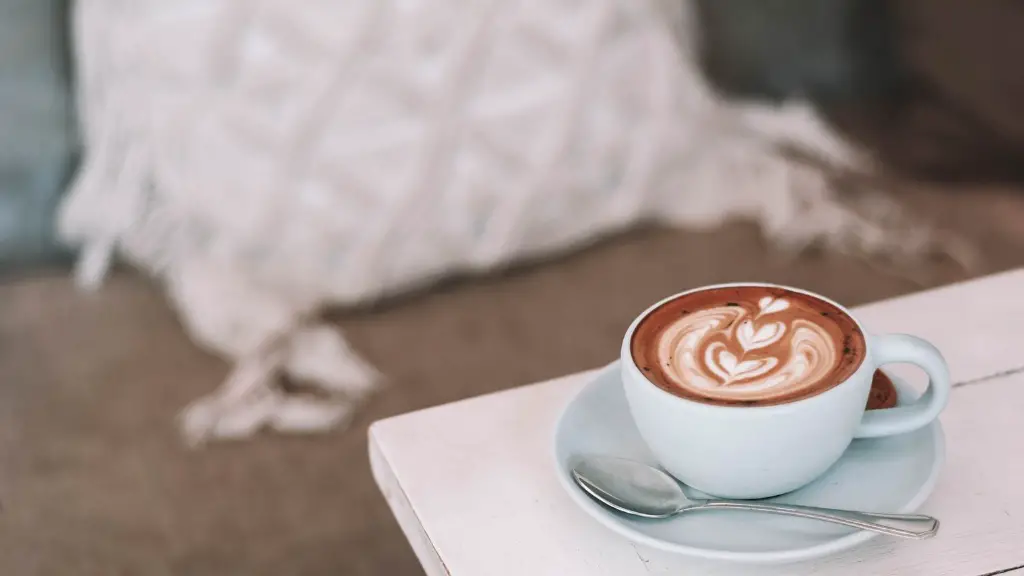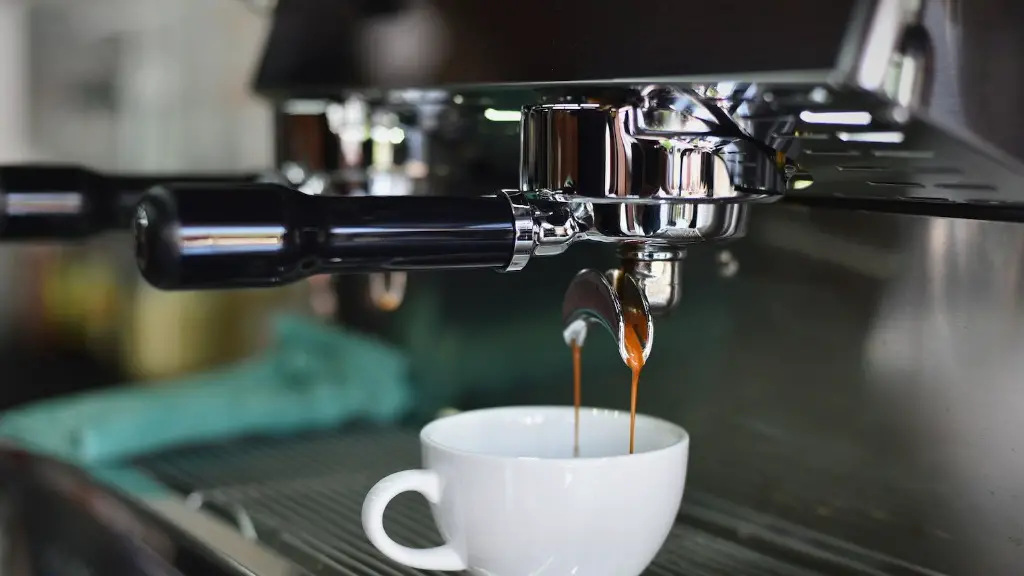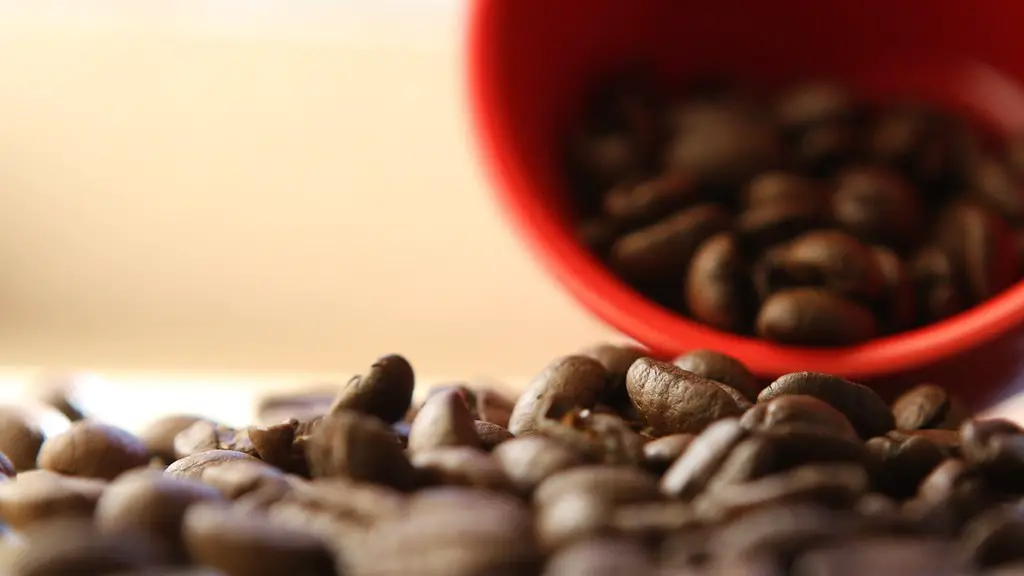There are some situations when you know you have to have your coffee, but don’t want to risk having to “go” immediately afterwards. Whether you’re about to sit through an important meeting for work, or a long car ride, you need the energy but don’t want the hassle. Fortunately, there are ways to have your coffee and drink it too.
Coffee is widely known to have laxative properties, however there is evidence to suggest that avoiding certain ingredients and changing the way you consume it can help to reduce the risk of feeling the urge to evacuate.
Caffeine Sensitivity
The amount of caffeine that a person can ingest without feeling the effects varies greatly depending on their individual sensitivity. A general rule of thumb is that no more than 400mg per day should be consumed. If you’re particularly sensitive, it’s important to cut back and keep within your own limits.
That being said, even if you’re within the recommended limit, it really depends on the type of coffee you’re ingesting, so it’s important to be aware of the caffeine content of what you’re drinking.
Drinking Method
The way in which you drink your coffee may have an effect on the time it takes for it to act on the body. Taking your time to sip on one cup of coffee should help to make the effects last longer and reduce the impact of your caffeine consumption. On the flip side, consuming quickly can create a sudden influx of energy, likely resulting in a much more abrupt reaction.
One great way to spread the energy out is to drink a little bit of coffee throughout the day. This means that what you drink won’t have such a dramatic effect on your digestion, as the impact from the caffeine intake won’t have time to accumulate.
Blends and Preparations
The type of coffee you’re drinking can have a lot to do with your digestion; certain types of coffee tend to work better for those who are sensitive to its effects. Cold-brew and decaffeinated coffee are much less likely to get you running to the toilet.
In addition, dark and robust roasts are likely to work better than medium and light roasts. The higher the acidity of the coffee, the more likely it is to cause digestive issues. It has been suggested by many experts that roasts with a lower acidity are a good way to avoid any stomach-related issues.
Consumption Times
Consuming coffee at the right time of day can also help to reduce the urge to eliminate. It’s best to avoid drinking caffeinated coffee late into the night, as your body won’t have enough time to process the effects of caffeine before it’s time to sleep. This is why it’s a good idea to stop drinking coffee by late afternoon, leaving your body enough time to reset and recharge.
It’s also not recommended to drink coffee first thing in the morning. Instead, try drinking some warm water with fresh lemon juice and a pinch of ginger, as this will help to stimulate the digestive system and give you a great start to the day.
Supplementation
Including certain supplements in your diet may help to reduce the digestive effects of caffeine. Pairing your coffee with probiotics can help to restore balance in the gut, while also aiding with overall digestion.
Drinking caffeine can also reduce the amount of electrolytes that the body ingests. So, if you’re having your morning cup of coffee, it’s a good idea to listen to your body and supplement with some electrolytes, such as coconut water or mineral water.
Lastly, spirulina is a great supplement to help reduce caffeine-induced bowel symptoms. Spirulina also helps to increase your energy levels and can help you to stay on top of your day.
Foods to Eat
Certain foods can also help to counteract the effects of caffeine. Eating foods that are high in fibre and water, such as nuts and seeds, fruits and vegetables can help to reduce the impact of coffee on the digestive system, as well as providing an extra boost of energy.
For those who like to enjoy a cup of coffee with their food, avoid drinking coffee on an empty stomach, as this may lead to digestive issues in the long run. Eating a light breakfast, such as oatmeal or yogurt, can help to neutralize the acidity of the coffee and reduce the risk of digestive symptoms.
Coffee Alternatives
If the thought of having to deal with the aftermath of a cup of coffee is too daunting, there are some alternatives to consider. Green tea contains a milder form of caffeine and has been linked to several health benefits. There are also energy drinks that contain guarana, which is a mild stimulant that can give you the same pick-me-up effect of coffee with less risk of bathroom visits.
Additionally, if you’re looking for something a little less conventional, try cold-pressed juices or smoothies that contain fruits and veggies. Not only are these drinks delicious, but they also offer a plethora of health benefits when consumed regularly. So, if you’re looking for a way to get your daily energy boost without having to worry about the consequences, give these options a try.
Conclusion
Ultimately, many of the ways to avoid having to “go” after drinking coffee come down to changing your habits and practising moderation. It’s important to look out for any signs that you may be consuming too much caffeine, and to take it easy when it comes to drinking coffee. Of course, if you are particularly sensitive to its effects, it may be worth avoiding it altogether.
With a few simple changes to your caffeine consumption habits, you’ll be able to enjoy your coffee without having to worry about the aftermath.




